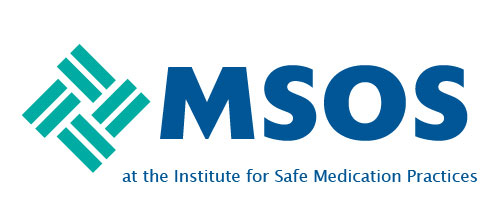Hello!
I wondered if anyone might be able to comment on their current practice with ophthalmic products and their management when it comes to Ophthalmology consults / exams.
We are recognizing that there are some ophthalmic products that make their way into the hospital setting in ophthalmologist "pockets" from their outpatient practices and used during their consultative exams, etc.
* What practices / policies do you have in place in your organization to prevent this drift from occurring?
* How have you made medications - in this instance, ophthalmic products - readily available / accessible for consulting providers who may or may not routinely be in the hospital / unique timing / scheduling considerations?
* On the other end - how do you prevent these products from moving room to room with the provider performing multiple patient exams?
* There are very few eye drops available as single-patient, unit-dose products... and while single-patient use of a bottle is common practice in the inpatient day-to-day setting - this is often a more foreign concept to those practice in the ambulatory setting: How has your organization set up management of multi-use vs. single-use ophthalmic products?
- do you permit multiple-use? what do you have in place to prevent contamination / infection prevention risk mitigation strategies, etc.?
Thank you in advance for any and all information you are able / willing to share!
Emily

